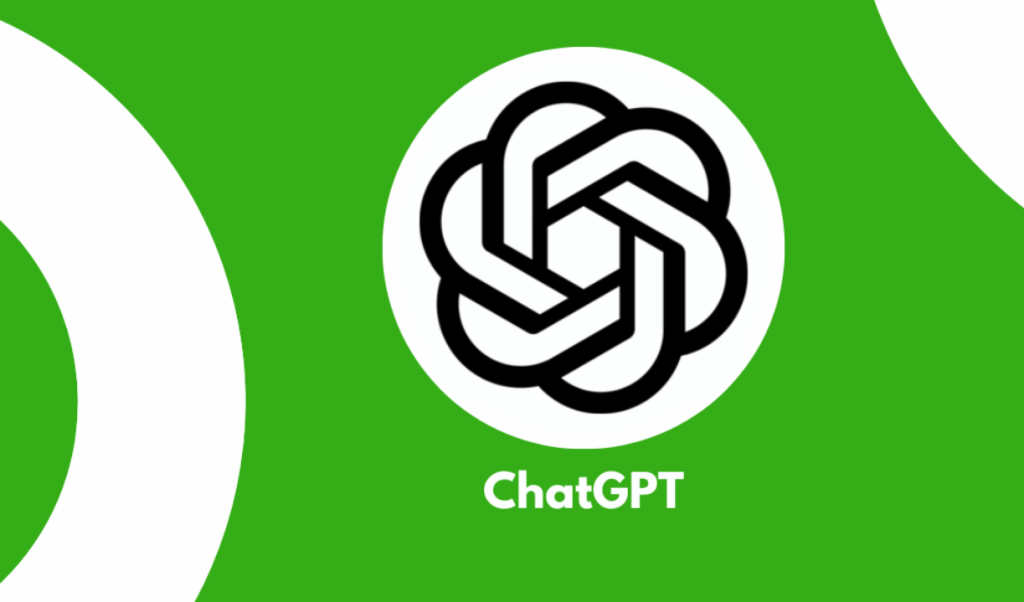In a bid to enhance its intelligence capabilities and compete with global rivals, the U.S. Central Intelligence Agency (CIA) is reportedly spearheading the development of an advanced AI chatbot, akin to ChatGPT, to aid analysts in managing the deluge of information they encounter daily. The chatbot, a brainchild of the CIA’s Open Source Enterprise unit, is poised to revolutionize the way intelligence agencies process data.
The need for such a groundbreaking tool was underscored by Randy Nixon, director of the CIA’s AI unit, who emphasized the escalating challenge of sifting through ever-expanding volumes of data in today’s information age. This development comes as intelligence agencies grapple with the colossal task of analyzing the vast expanse of information available on the internet.
The CIA’s AI chatbot will leverage advanced generative artificial intelligence techniques, yet the agency has remained tight-lipped about the specific model and training methods employed. What sets this initiative apart from commercial generative AI platforms is its commitment to providing sources alongside generated answers, ensuring transparency, and aiding validation.

The chatbot’s primary objective is to facilitate efficient information retrieval and summarization, enabling intelligence agents to access, summarize, and analyze large datasets swiftly. Moreover, users will have the ability to engage with the chatbot, allowing for follow-up questions and interactions to obtain more detailed responses.
While the CIA has not disclosed the names of the intelligence agencies set to benefit from this technological leap, it is expected that the tool will be accessible to the broader U.S. intelligence community, including the Federal Bureau of Investigation (FBI), the National Security Agency (NSA), and the U.S. military.
However, it’s important to note that this powerful tool will not be made available to lawmakers or the general public. The safeguarding of the chatbot, with a focus on preventing leaks and ensuring compliance with privacy laws, is a paramount concern given past incidents of data acquisition by federal agencies and law enforcement.
This development comes as a response to China’s ambitious drive to become a global leader in artificial intelligence by 2030. The U.S. government, cognizant of the need to keep pace, has undertaken comprehensive initiatives to address AI risks, including the definition of generative AI values, the establishment of AI research institutes, and the promotion of ethical AI development.
In the eyes of the CIA’s director of Open Source Enterprise, AI is an indispensable tool for managing the overwhelming and ever-expanding volume of collected data. The CIA’s venture into AI-driven intelligence analysis is part of a broader effort by the U.S. government to counter China’s influence and promote responsible AI development on the global stage.
Related:
- ChatGPT introduces Voice and Image prompts, will initially roll out to Plus users
- OpenAI Launches DALL-E 3, a New Art Generator Powered by ChatGPT
- Hong Kong Struggles with Generative AI Amidst Copyrights & Legal Concerns
(via)




